
With the implementation of more policies, the new energy vehicle business of foreign-funded vehicle enterprises will see further development this year.
The National Development and Reform Commission (NDRC) and the Ministry of Industry and Information Technology (MIIT) recently released the Opinions on Improving the Regulation on Investment in Vehicles. For promoting the development of new energy vehicles, it will guide traditional oil-fueled automotive enterprises speeding up in transforming to new energy vehicle enterprises and enhance the endogenous drivers for the development of the new energy vehicle industry. For industrial layouts, it requires new investment projects choosing areas with excellent industrial basis, complete innovation systems and huge potentials to promote new capacities moving to areas with booming demands for new energy vehicles and the replacement of traditional oil-fueled vehicles.
One of the highlights of the opinions is that Chinese-foreign new energy vehicle JVs will not be restricted. It supports enterprises to conduct international cooperation and encourages them to make full use of international technologies, capitals, talents and other resources to improve the domestic new energy vehicle industry. The regulations on the approval of investment programs of new Chinese-foreign sedan enterprises and the number of Chinese-foreign JVs shall only apply to traditional oil-fueled vehicles. In addition, for fuel cell electric vehicles, it will follow the regulations on purely electric vehicles. For plug-in hybrid vehicles, it will follow the regulations on traditional oil-fueled vehicles.
“It means that the number of foreign-funded purely electric vehicle enterprises can exceed two,” indicated Zhu Peng, a vehicle analyst from BOC International.
According to relevant regulations, “One foreign enterprise can establish no more than two JVs producing same complete vehicles. The merger of other domestic vehicle enterprises with Chinese partners shall not be restricted.”
As a matter of fact, Volkswagen and Anhui Jianghuai Automobile Group Corp., Ltd. (600418.SH) established a joint venture last September, which focuses on the research and development, manufacturing and sales of complete new energy vehicles and components. Insiders pointed out that it has broken the restrictions that one foreign vehicle enterprise shall own no more than two JVs in the Chinese passenger vehicle market.
Currently, Jianghuai Automobile and Volkswagen have signed the agreement on JVs in Berlin. In addition, BAIC Motor and Daimler Group signed a framework agreement. Daimler Group proposes to strategically invest in BAIC Motor New Energy to strengthen the cooperation in new energy vehicles and promote the development of the Chinese new energy vehicle market. PSA Peugeot Citroen and Chongqing Chang’an Automobile Company Limited (000625.SZ) sign an agreement on deepening cooperation on June 7 to deepen cooperation. The DS brand will introduce one new vehicle in China each year from 2018. Meanwhile, PSA Peugeot Citroen will promote the application of new technologies on DS products. Relevant products are expected to be introduced in 2019.
With the implementation of policies on supporting the development of new energy vehicles, it can be expected that foreign-funded vehicle enterprises will speed up in the development of new energy vehicles in China.
Translated by Star Zhang
















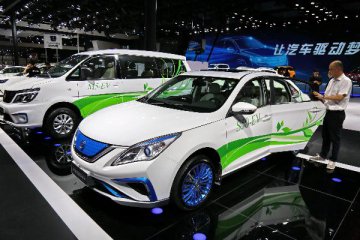
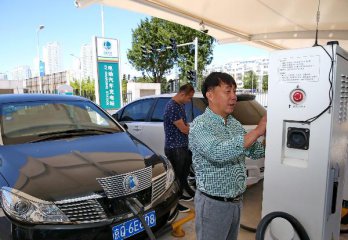
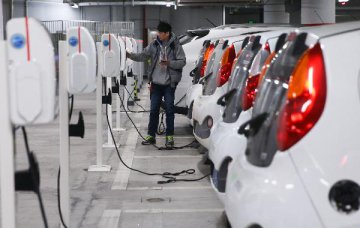

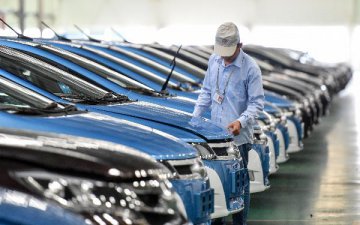
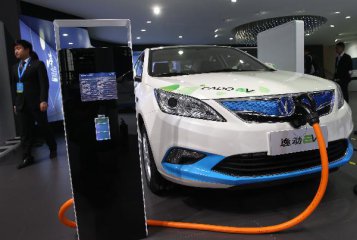


Latest comments